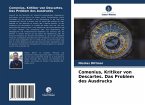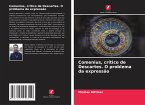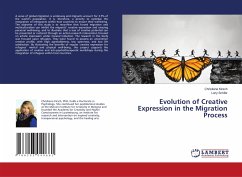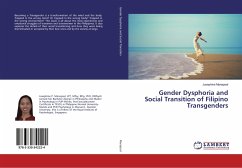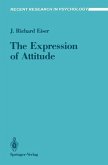M. Foucault described the man as "empirical-transcendental doublet" and we can ask ourselves which transcendences, which foundations to conceive for the man in the post-modern time in the idea of an educative reason: to which world do we educate? What does it mean to form man? In the exegesis of the classical episteme, there is a "lack", an omission or an eclipse of the pedagogical and universalist thought of Comenius (J-A), however decisive in many respects on the level of the effectuation or the critical unveiling of reason considered as the very principle of individuation. The parallelism ratio and operatio is apprehended by the author, what had missed to G. Bruno, of whom Simondon tells us that he had approached, without seizing it, the sense and the value of a principium individuationis which had guided all the medieval philosophical research.
Bitte wählen Sie Ihr Anliegen aus.
Rechnungen
Retourenschein anfordern
Bestellstatus
Storno


